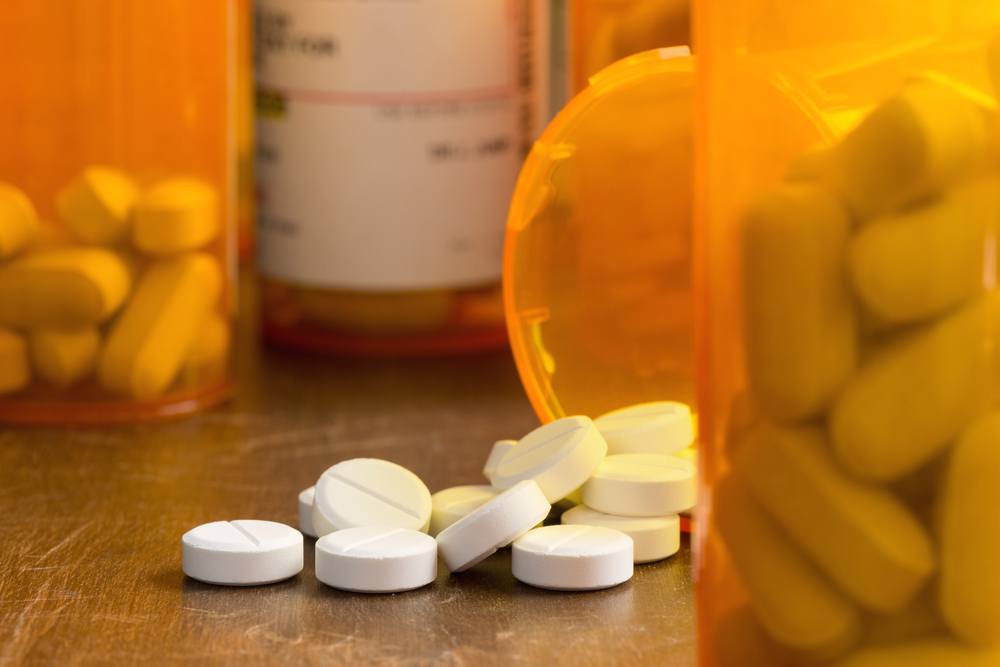Key Takeaways
• Senior EPA officials asked scientists to check for abortion pills in water this summer.
• The request came after 25 Republican lawmakers raised concerns about mifepristone.
• Critics call the effort unusual and politically driven.
• Environmental experts say there is no proof that abortion pills contaminate water.
• The debate highlights growing tensions over access to reproductive drugs.
This summer, senior EPA officials asked a team of scientists to look for abortion pills in water. Specifically, they wanted to detect traces of mifepristone in wastewater. That drug ends a pregnancy when taken correctly. The request came after 25 Republican lawmakers pressed the agency. They wondered if the medication could be polluting water supplies.
The inquiry surprised many experts. Usually, the agency tracks industrial chemicals and pesticides. However, this time they examined a drug used for abortions. The request also aimed to explore new testing methods. Scientists told their colleagues they found it an unusual task. After all, no one had shown that abortion pills reach water systems.
Why Track Abortion Pills in Water?
Republican lawmakers led the push to trace abortion pills in water. Senator James Lankford and Representative Josh Brecheen spearheaded a letter to the EPA. They asked the agency to look into mifepristone’s presence in water supplies. They also suggested resources to develop a testing method.
Some anti-abortion activists want to restrict access to medical abortion. They see testing for abortion pills in water as a way to limit drug distribution. In their view, finding traces in water could justify tighter rules. Moreover, they argue that pills passing through toilets could enter wastewater. Therefore, they asked the EPA to check contamination risks.
However, the request raised eyebrows. Tracking prescription drugs in water is not common. The EPA usually monitors chemicals from factories, farms, or household products. Asking about abortion pills in water diverged from normal practice. As a result, scientists worried political motives outweighed scientific merit.
What Experts Say About Abortion Pills in Water
Environmental scientists quickly dismissed the idea that abortion pills in water pose a health threat. They note that drugs often break down in sewage treatment plants. Even if tiny amounts remained, dilution would make levels millions of times smaller than a dose. Therefore, experts say there is no evidence of contamination.
Moreover, mifepristone is designed to work in the body, not in water. It binds to receptors in human tissue to end a pregnancy. In water, it loses its activity and breaks down. Even if labs could detect minute traces, those levels would not harm humans or wildlife.
Scientists also point out that hundreds of drugs appear in water supplies. From painkillers to hormones, residues often show up in trace amounts. Yet regulators rarely test for every medication. Instead, they focus on compounds known to harm ecosystems or human health. Abortion pills in water do not fit that category.
Potential Impact and Next Steps
The EPA inquiry remains confidential. It is unclear how far testing went or what methods scientists used. The agency has not released results. Yet the very idea of tracing abortion pills in water reveals the politicization of environmental regulation.
In the coming months, activists may push to expand testing to other drugs. Opponents worry this precedent could waste resources. They argue the EPA should focus on proven threats like lead, pesticides, and PFAS chemicals. Meanwhile, pro-abortion rights groups see the move as a political attack on mifepristone.
Some legal experts predict potential lawsuits. Parties may challenge the EPA’s actions as exceeding its authority. Others might demand disclosure under public records laws. At the same time, Congress could hold hearings to explore the issue further.
Finally, the debate underscores a broader clash over abortion access. After the Supreme Court overturned nationwide abortion rights, states and federal agencies face new questions. Medical abortion, already used in over half of all abortions, has drawn intense scrutiny. Efforts to trace abortion pills in water reflect deeper battles over reproductive health policy.
FAQs
Could testing detect abortion pills in my tap water?
Currently, there is no evidence that abortion pills reach tap water at harmful levels. Wastewater treatment typically breaks down most medications before they enter drinking supplies.
Why target mifepristone instead of other drugs?
Anti-abortion activists see mifepristone as central to medical abortion access. They believe testing could lead to restrictions, even though no scientific data suggest water contamination.
What would finding traces of abortion pills in water mean?
Even if labs detected tiny traces, those amounts would be far below any active dose. Experts say such findings would not pose health risks to people or wildlife.
Will this change how the EPA monitors water?
It’s unclear. The agency may stick to established pollutants. However, this inquiry shows how politics can influence scientific priorities.
